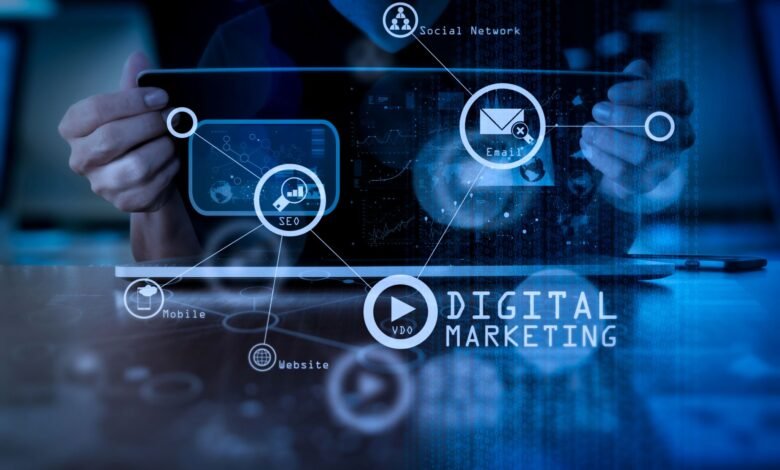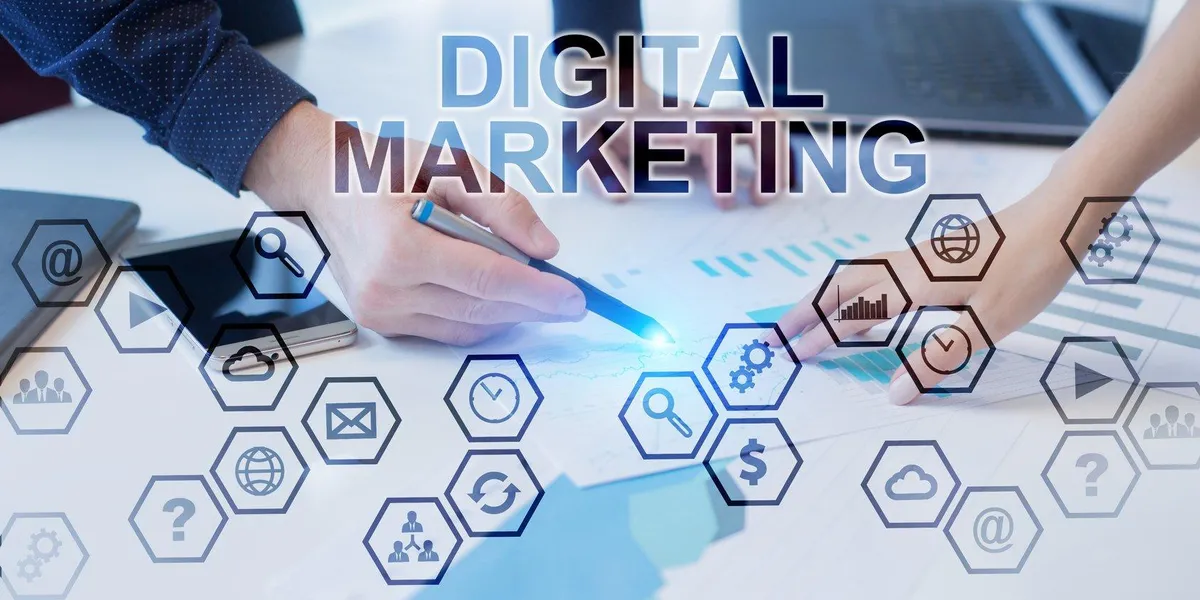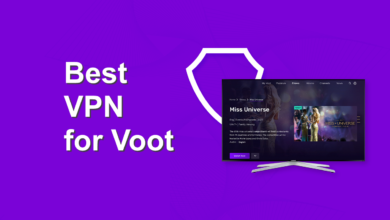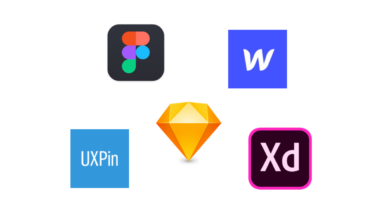Best Guide for Digital Marketing in 2023

Digital marketing has become an indispensable part of modern business strategies. In today’s fast-paced digital landscape, it’s crucial for businesses to stay updated with the latest trends and techniques to effectively promote their products or services. As we enter 2023, it’s important to understand the evolving nature of digital marketing and equip yourself with the knowledge and strategies necessary to succeed. This comprehensive guide will provide you with insights and practical tips to navigate the dynamic world of digital marketing in 2023.
Digital marketing encompasses various online strategies and techniques aimed at reaching and engaging a target audience. In this article we will explore the Best Guide for Digital Marketing in 2023. It involves leveraging digital channels such as search engines, social media, email, and websites to connect with potential customers.In today’s digital age, businesses of all sizes can harness the power of digital marketing to increase brand visibility, drive website traffic, generate leads, and boost conversions.
Read more: Top 15 Types of Digital Marketing in 2023
The Evolution of Digital Marketing

Digital marketing has come a long way, adapting and evolving alongside advancements in technology and changing consumer behaviors. From the early days of basic websites and email marketing, we have witnessed the rise of social media platforms, mobile marketing, video content, and artificial intelligence-driven campaigns. In 2023, digital marketing continues to evolve rapidly, presenting both challenges and opportunities for businesses.
Understanding the Digital Marketing Landscape in 2023
To effectively navigate the digital marketing landscape in 2023, it’s crucial to stay informed about the latest trends and technologies shaping the industry. Voice search, artificial intelligence, virtual reality, and personalized experiences are some of the key areas businesses should focus on. Understanding these trends will help you align your marketing strategies with the changing preferences and expectations of your target audience.
Setting Goals and Objectives for Digital Marketing Campaigns
Before diving into digital marketing activities, it’s essential to set clear goals and objectives for your campaigns. By defining Specific, Measurable, Achievable, Relevant, and Time-bound (SMART) goals, you can establish a framework for success. Additionally, identifying Key Performance Indicators (KPIs) that align with your goals will enable you to track and measure the effectiveness of your marketing efforts.
Crafting a Digital Marketing Strategy
A well-defined digital marketing strategy serves as a roadmap for achieving your goals. Start by identifying your target audience and creating customer personas to better understand their needs and preferences. This will guide your choice of digital channels, ensuring that you reach the right people at the right time. Moreover, creating compelling and relevant content that resonates with your audience is crucial for building brand awareness and driving engagement.
Search Engine Optimization (SEO) in 2023
Search Engine Optimization (SEO) plays a vital role in improving your website’s visibility and organic rankings on search engine result pages. In 2023, it’s important to implement on-page SEO techniques such as optimizing meta tags, headings, and content structure. Additionally, off-page SEO techniques like link building and social signals remain crucial for enhancing your website’s authority and credibility. Furthermore, with the increasing use of mobile devices, mobile optimization is a key aspect of SEO that should not be overlooked.
Pay-Per-Click (PPC) Advertising
Pay-Per-Click (PPC) advertising allows businesses to display ads on search engines and other platforms, paying only when users click on their ads. Platforms like Google Ads provide powerful targeting options, enabling you to reach a specific audience based on keywords, demographics, and interests. Crafting compelling ad copy, conducting keyword research, and continuously monitoring and optimizing your PPC campaigns are essential for maximizing your return on investment.
Social Media Marketing
Social media platforms have revolutionized the way businesses connect with their audience. In 2023, leveraging popular platforms such as Facebook, Instagram, Twitter, and LinkedIn can help you build brand awareness, engage with your customers, and drive website traffic. Developing a consistent social media presence, creating shareable content, and actively interacting with your audience will contribute to the success of your social media marketing efforts.
Content Marketing Strategies

Content marketing involves creating and distributing valuable and relevant content to attract and retain a target audience. In 2023, developing a content marketing plan that aligns with your overall digital strategy is essential. Identify the content formats that resonate with your audience, whether it’s blog posts, videos, infographics, or podcasts. By consistently delivering high-quality content that addresses your audience’s pain points and interests, you can establish your brand as a thought leader and drive organic traffic to your website.
Email Marketing
Email marketing remains one of the most effective channels for nurturing leads and engaging with customers. Building an email list of interested subscribers allows you to communicate directly with your audience, delivering personalized and targeted messages. Designing visually appealing email campaigns, implementing personalization and automation, and analyzing campaign metrics will help you optimize your email marketing efforts in 2023.
Influencer Marketing

Influencer marketing involves partnering with individuals who have a significant online following to promote your products or services. Identifying relevant influencers who align with your brand values and target audience is crucial for successful influencer campaigns. Building genuine relationships with influencers and measuring the impact of your collaborations will allow you to leverage this powerful marketing strategy in 2023.
Data Analytics and Measurement
Data analytics plays a pivotal role in digital marketing, providing insights into consumer behavior, campaign performance, and ROI. In 2023, utilizing tools and platforms for data analysis is essential for making informed decisions. By tracking and measuring key metrics, such as website traffic, conversion rates, and customer engagement, you can identify areas of improvement and optimize your marketing strategies accordingly.
Staying Ahead of the Digital Marketing Curve in 2023
To thrive in the ever-changing digital marketing landscape, it’s crucial to stay updated and adaptable. Continuously learning about emerging technologies, industry trends, and consumer behaviors will give you a competitive edge. Embrace new technologies and experiment with innovative strategies to stay ahead of the curve and maintain a strong online presence in 2023.
Read more: The Importance of Mobile Optimization in Digital Marketing in 2023
Conclusion
Digital marketing in 2023 presents exciting opportunities for businesses to connect with their target audience, build brand awareness, and drive conversions. By following the best practices and strategies outlined in this guide, you can navigate the digital landscape effectively and achieve your marketing goals. Remember to stay informed, monitor your performance, and adapt to the evolving trends and technologies to stay ahead in the dynamic world of digital marketing.
FAQs
How long does it take to see results from digital marketing campaigns?
The timeframe for seeing results from digital marketing campaigns can vary depending on various factors such as the competitiveness of your industry, the effectiveness of your strategies, and the size of your target audience. While some campaigns may yield quick results, it’s important to remember that digital marketing is a long-term investment. It often takes time to build brand visibility, attract and engage an audience, and drive conversions. Patience and consistent effort are key.
Should I focus on all digital marketing channels, or should I choose specific ones?
The choice of digital marketing channels should be based on your target audience and their preferences. It’s not necessary to be present on all platforms. Instead, focus on the channels where your target audience is most active. Conduct market research and analyze demographics and user behavior to determine which channels will yield the best results for your business.
Is it necessary to hire a digital marketing agency, or can I handle it in-house?
Whether to hire a digital marketing agency or handle it in-house depends on your business’s resources, expertise, and goals. While some businesses may have the capacity to handle digital marketing internally, others may benefit from outsourcing to a specialized agency. Consider factors such as budget, time, and the level of expertise required to execute effective digital marketing campaigns.
How often should I update my digital marketing strategy?
Digital marketing is a dynamic field, and it’s essential to regularly review and update your strategies to stay relevant. As technology evolves and consumer behaviors change, it’s important to adapt your approach accordingly. Monitor industry trends, analyze data, and stay informed about emerging technologies to ensure your strategies remain effective.
How can I measure the success of my digital marketing campaigns?
Measuring the success of your digital marketing campaigns involves tracking and analyzing relevant metrics. Key performance indicators (KPIs) such as website traffic, conversion rates, engagement levels, and return on investment (ROI) can provide insights into the effectiveness of your campaigns. Utilize tools and analytics platforms to monitor these metrics and make data-driven decisions to optimize your digital marketing efforts.











